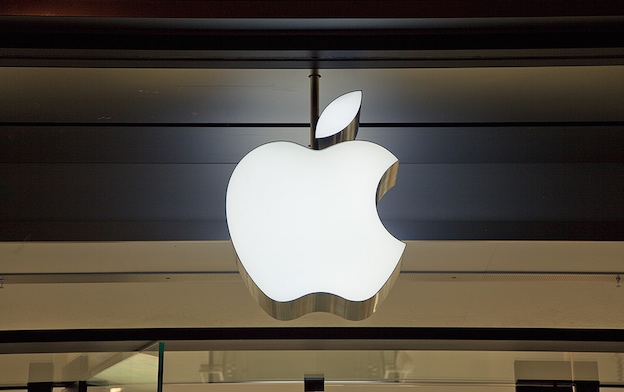In a world where Steve Ballmer is an NBA owner and former Apple executive Tony Fadell is a Google employee, I suppose the notion of Apple getting into the TV production business in an effort to take on Netflix isn’t that crazy. Echoing a report which first surfaced this past August, a recently published FastCompany article sheds some new light on Apple’s somewhat ambitious attempt to develop original programming and, in turn, make an impactful and bold entry into the TV business.
DON’T MISS: 5 hidden Galaxy S7 features I wish my iPhone had
According to the report, Apple has been steadily increasing its presence in Hollywood circles, all in an effort to ultimately release content that will presumably be available exclusively as part of a subscription service, perhaps tied to Apple Music. And not surprisingly, Apple appears to be going after big name talent.
In the weeks that followed, Apple execs were in Los Angeles hearing pitches for original TV series that it plans to launch on an “exclusives” app on
Apple TV and within iTunes. Apple wants to work with “triple A-list” talent, according to a source, and build up a roster of must-see shows available only on its platform. Naturally, the talks have been veiled in the utmost secrecy. Producers who have met with Apple will refer to it only as the United Fruit Company.
Of course, we should point out that Apple’s push in the TV space has already begun. As we noted back in February, Apple is already working on its first original TV show, a six-episode series called Vital Signs starring famed rapper and current Apple employee Dr. Dre. And while Apple tends to run a tight ship with respect to adult-oriented content on the App Store, Vital Signs is said to be a dark and gritty program that won’t hesitate to feature sex scenes and violence.
What’s more, you might remember that Apple just last month launched a TV docu-series called The Score which focuses on local music scenes across different parts of the world. A trailer for the program, which has already begun airing on Apple Music, can be viewed here.
So while Apple ostensibly already has its foot in the door, there are naturally more than a few hurdles remaining.
FastCompany adds:
According to five different sources who have been briefed on Apple’s plans or spoken directly to Apple executives, the company is still a bit “disorganized,” and these Hollywood principals complain that Apple hasn’t presented a coherent strategy. That said, Apple appears to be taking a “two-lane approach” to original programming. The first, which Vital Signs falls under, is a slate of short films, music videos, and documentaries…
These originals are seen as essential in goosing Apple Music’s subscriber totals.
…
The second lane—which for now is more deeply undercover—is an effort to do what Amazon and Netflix have done for their tens of millions of users: offer its own original TV-style entertainment. Apple being Apple, though, it not only wants to find its own House of Cards, but it wants several of them at once.
Taking on industry incumbents like Netflix and HBO is clearly no small task, but Apple certainly has deep enough pockets to fund such an ambitious endeavor. As we highlighted a few months ago, it would cost Apple approximately $540 million to deliver a selection of 10 wide-ranging TV programs at once. To provide a bit of context, consider these figures: It costs Netflix about $50 million to produce one season of House of Cards, AMC about $39 million to produce one 13-episode season of Mad Men, and HBO about $60 million to produce one season of Game of Thrones.
So while producing top-notch quality shows isn’t cheap, Apple clearly has a big enough bank account to foot the bill and not even notice that the money is missing. During Apple’s most recent holiday quarter, for example, the company raked in a quarterly net profit of $18.4 billion.
FastCompany’s entire piece is well worth checking out in its entirety. In addition to Apple, the report provides a wealth of information about the brewing battles amongst tech companies who are all striving to take advantage of video in some form or another. From Amazon and Apple to Facebook and Google, all of tech’s major players have seen the success Netflix has had and are willing to spend big bucks in order to steal a piece of the pie.




